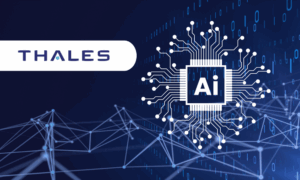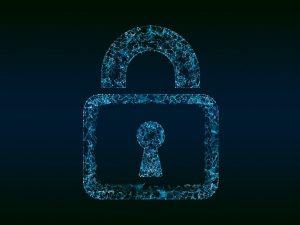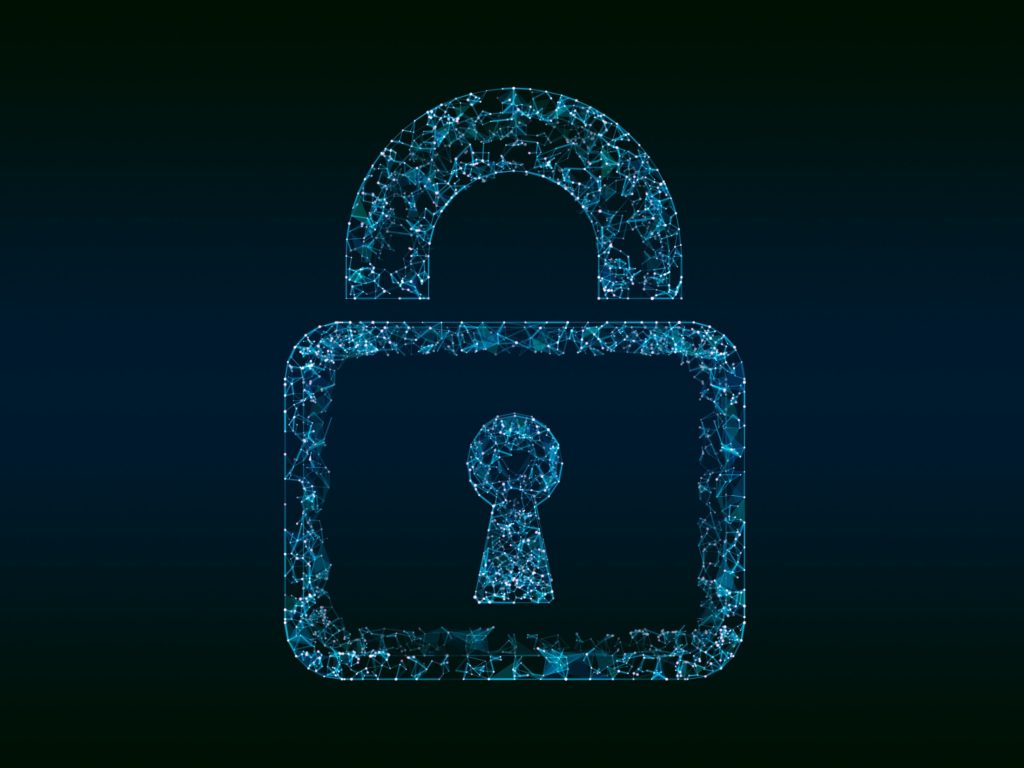Will AI Take Over Cybersecurity?
The Future of Digital Defense: An Introduction
AI is transforming the way we live, work, and secure our data, at a lightning speed. In the field of cybersecurity, AI is a double-edged sword: it is a great help, but also a potential threat. AI is revolutionizing the way companies secure their digital assets by detecting sophisticated intrusions and making security measures self-operating. However, with all this development, there remains one very important question: will AI be the one to take over the whole cybersecurity eventually?

What AI Does in Today’s Cybersecurity
Cybersecurity has been significantly strengthened through the incorporation of AI. Most of the time, the defense mechanisms are of the traditional kind, thus human supervision and rule-based problem detection are their main features. AI, in contrast, is much more intelligent since it has the capability of self-learning.
Here’s how AI is utilized now:
Finding Threats: Machine learning algorithms can detect abnormal behavior (e.g. problematic logins or data theft attempts) much faster than humans.
Automated Response: AI can react to an intrusion immediately, e.g., by severing the link between the infected device and the rest of the network or directing traffic away from the attack source.
Predictive Security: AI utilizes security data to identify patterns that will lead to the discovery of future attacks.
Preventing Fraud: A great number of banks and fintech firms have implemented AI solutions designed to process millions of transactions in real-time and spot fraudulent ones.
The Good Things about AI in Cybersecurity
One of the best features of AI is its incredible speed and accuracy. Cybercriminals hit thousands of times each day, so it is humanly impossible to discover all evil intents and activities without the help of AI. Some capabilities of AI are:
Performing the task of
scanning
for millions of data points is doable by AI in a few seconds.
Finding unknown patterns and network weaknesses that have not been revealed yet. Lowering the number of false positives to save time and money is also the work of AI. The AI should be Learning from each breach so that security measures would become stronger next time is one of AI’s capabilities as well.
In short, the role of AI is making the system more intelligent and giving it the capacity to grow which traditional systems lack.
The Threats and Problems
On the contrary, over-reliance on AI in cybersecurity may escalate risks as well:
AI vs AI
Warfare: To devise increasingly sophisticated strategies for attacking targets, hackers use AI as a weapon in their arsenal. For example, among such strategies are deep fakes, phishing that uses language generation, and malware that learns to circumvent firewalls.
Data Poisoning: Villains can put harmful data into AI systems which can “help” them find the security weaknesses of the system while the algorithms in question take this data as normal and thus do not raise the alarm.
Overdependence: If an organization relies heavily on automation and therefore overly trusts AI systems, it might be in trouble when those systems break down or get compromised by hackers.
Ethics and Privacy: The reason people are very concerned about privacy and data security is that AI systems need a lot of data to work effectively.
Is AI capable of replacing human cyber experts?
Even though it is very powerful, AI is still far from being able to substitute human intelligence – at least for now. Cybersecurity comprises:
Strategic thinking
Contextual decision-making
Ethical judgment
AI should be considered as a tool rather than a substitute. By performing fairly routine activities, automation in AI can free human analysts from these tasks, nevertheless experts’ role is still crucial in understanding the outcomes, recognizing the intention, and making final decisions in complicated situations of security breaches.
As the saying goes:
“AI doesn’t substitute cybersecurity professionals — it upgrades their capabilities.”
The Future: Collaboration Between Humans and AI
AI-human collaboration is the way forward for cybersecurity. Enterprises will embrace the use of AI-based security strategies, yet the involvement of human analysts will still be indispensable for:
Directing and teaching AI models. Dealing with extremely complicated were hard to figure out by AI Investigating ethical principles and laws.
Actually, by 2030 the cybersecurity sector is anticipated to be more reliant on AI-powered tools for task completion, while human roles will be mainly concentrated in strategy, innovation, and supervision.

Conclusion
So, will AI take over cybersecurity?
Not completely — but the changes will be big.
AI will be the one to detect, prevent and respond to incidents at an unimaginable pace, thus becoming a very powerful ally. At
the same time, humans will still be in charge of guiding and supervising AI decisions, thus making sure that factors such as responsibility, ethics, and creativity are still the core of the digital defense.
In fact, the best security is the one that comes from the cooperative work of humans and machines rather than one replacing the other.
